War and humanitarianism, medicine and public health, rights and justice... Discover CRASH publications sorted by themes.
The fact that CRASH publications are written from an aid practitioner's, rather than researcher's, perspective, does not exempt them from the demands of rigorous research methods. We try hard at this, with the help of (volunteer) research professionals. The publications are not the MSF party line, but rather tools for reflexion based on MSF's framework and experience. They have only one purpose: to help us better understand what we are doing. Criticisms, comments and suggestions are more than welcome - they are expected.
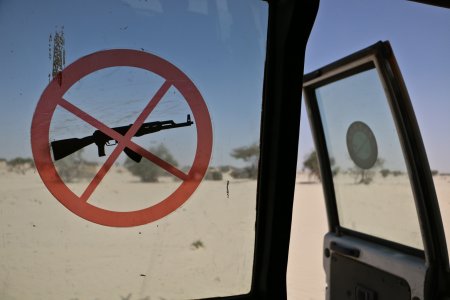 Analysis
Analysis
Criminalising the enemy and its impact on humanitarian action
12/15/2010Could a doctor working for a humanitarian organisation be sentenced to life imprisonment in the United States for having offered his “expert advice” to people linked to a “terrorist organisation”? That is what is feared by a number of civil rights’ organisations in the US since the Supreme Court declared on 21 June that the legislation known as the Material Support Statute was constitutional.
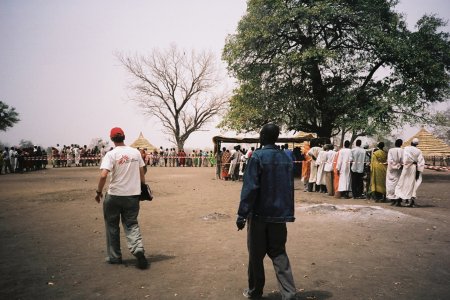 William Martin
Opinion
William Martin
Opinion
Darfur: the International Criminal Court is wrong
09/10/2010Rony Brauman criticises the International Criminal Court's indictment of the Sudanese president for genocide. If the prosecutor's argument is followed, humanitarian organisations working in the displaced people's camps should be charged with complicity in genocide.
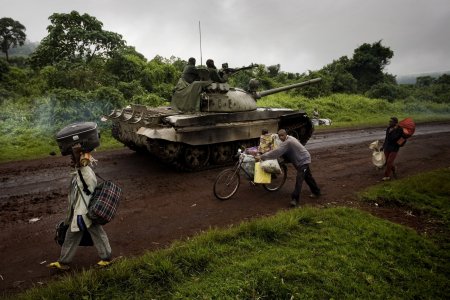 Dominic Nahr
Analysis
Dominic Nahr
Analysis
"Not in our name": Why Medecins sans frontières does not support the "responsability to protect"
08/01/2010Argued in the 1990s in the name of the "right or duty to intervene", the application of military might to rescue populations in danger is now debated with reference to the "Responsibility to Protect" paradigm (or "R2P" for those in the know). In this article Fabrice Weissman explains why MSF refuses to adhere to this doctrine of ‘just war', whose legalisation would effectively be legalising a new form of imperialism.
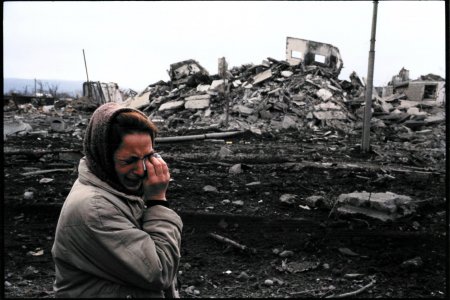 Eric Bouvet
Speaking Out Case Studies
Eric Bouvet
Speaking Out Case Studies
War crimes and politics of terror in Chechnya (1994-2004)
07/15/2010The ‘War crimes and politics of terror in Chechnya 1994-2004’ case study describes the constraints, questions and dilemmas experienced by MSF while speaking out during the two Russian-Chechen wars and the following years of ‘normalization’.
Haiti Earthquake: What Priorities?
01/20/2010The earthquake that devastated Port-au-Prince and neighboring areas has led to a worldwide surge of solidarity which we must fully appreciate because no country could face such a disaster on this scale alone.
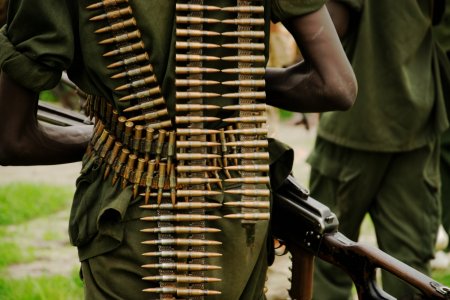 Nick Owen
Cahier
Nick Owen
Cahier
Médecins Sans Frontières and the aftermath of war
01/10/2010This study started out looking at the shift to a post-conflict situation in Katanga; the intention was to describe how MSF’s sections negotiated the transition from war to post-war.
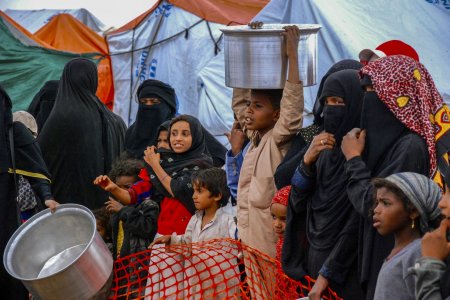 Francesco Segoni
Cahier
Francesco Segoni
Cahier
Child Undernutrition : advantages and limits of a humanitarian medical approach
12/20/2009Four years after the Nigerian crisis, many things have changed in the nutrition field. This Cahier du Crash aims at considering this evolution and explore new possibilities for action for MSF.
 Daro Sulakauri
Opinion
Daro Sulakauri
Opinion
No credit for Drs Knock
12/01/2009Pharmaceutical companies produce drugs and are increasing involved in the clinical trials of these products. This conflict of interest is incompatible with the expectations of Public Health. Rony Brauman suggests that the industry no longer be responsible for therapeutic trials.
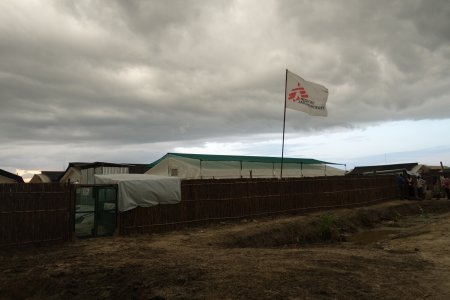 Jacob Kuehn
Analysis
Jacob Kuehn
Analysis
Humanitarian Aid and the International Criminal Court. Grounds for Divorce
10/01/2009This essay points out the fragility of the arguments most often used by humanitarian organizations to justify their support for an international criminal court. Questioning NGOs' infatuation with punitive justice, Fabrice Weissman argues that humanitarian organizations should advocate for politics of aid and mediation rather than for a global moral order based on judicial punishment and just war.
